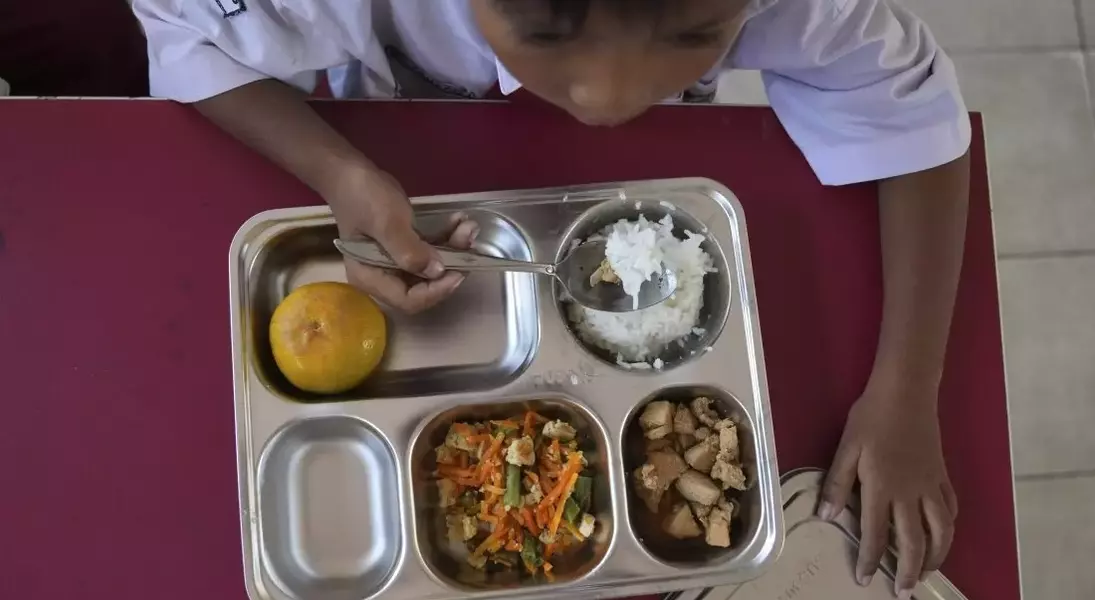
The Indonesian government has embarked on an ambitious initiative to combat malnutrition and stunting among its young population. This program, spearheaded by President Prabowo Subianto, aims to provide free nutritious meals to nearly 90 million children and pregnant women across the country. Despite the grand vision, concerns have emerged regarding the financial sustainability of such a large-scale endeavor.
In an effort to enhance the well-being of Indonesia's future generations, this new policy seeks to address the pressing issue of child malnutrition. According to recent data, over 21% of Indonesian children under five suffer from stunted growth due to inadequate nutrition. The program plans to deliver daily meals containing essential nutrients to students at more than 400,000 schools nationwide. These meals are designed to cover one-third of the daily caloric needs of children, ensuring they receive the necessary nourishment for healthy development. Additionally, the initiative includes provisions for pregnant women to support maternal health.
While the initiative is laudable, it has sparked debate among economists and policymakers. Critics argue that the logistical demands and financial strain could pose significant challenges to the national economy. Economic researcher Nailul Huda points out that Indonesia's current fiscal situation may not be robust enough to sustain such an expansive program without incurring substantial debt. Moreover, there are concerns about the potential misallocation of resources and the impact on the country's balance of payments, especially given its reliance on imports for key food items like rice, wheat, and dairy products.
Beyond the immediate benefits, this program underscores the importance of investing in human capital as a foundation for long-term national progress. Addressing malnutrition is crucial for ensuring healthier and more productive citizens. By tackling this issue head-on, Indonesia can pave the way for a brighter future where every child has the opportunity to thrive. Such proactive measures reflect a commitment to social welfare and sustainable development, setting a positive example for other nations facing similar challenges.
